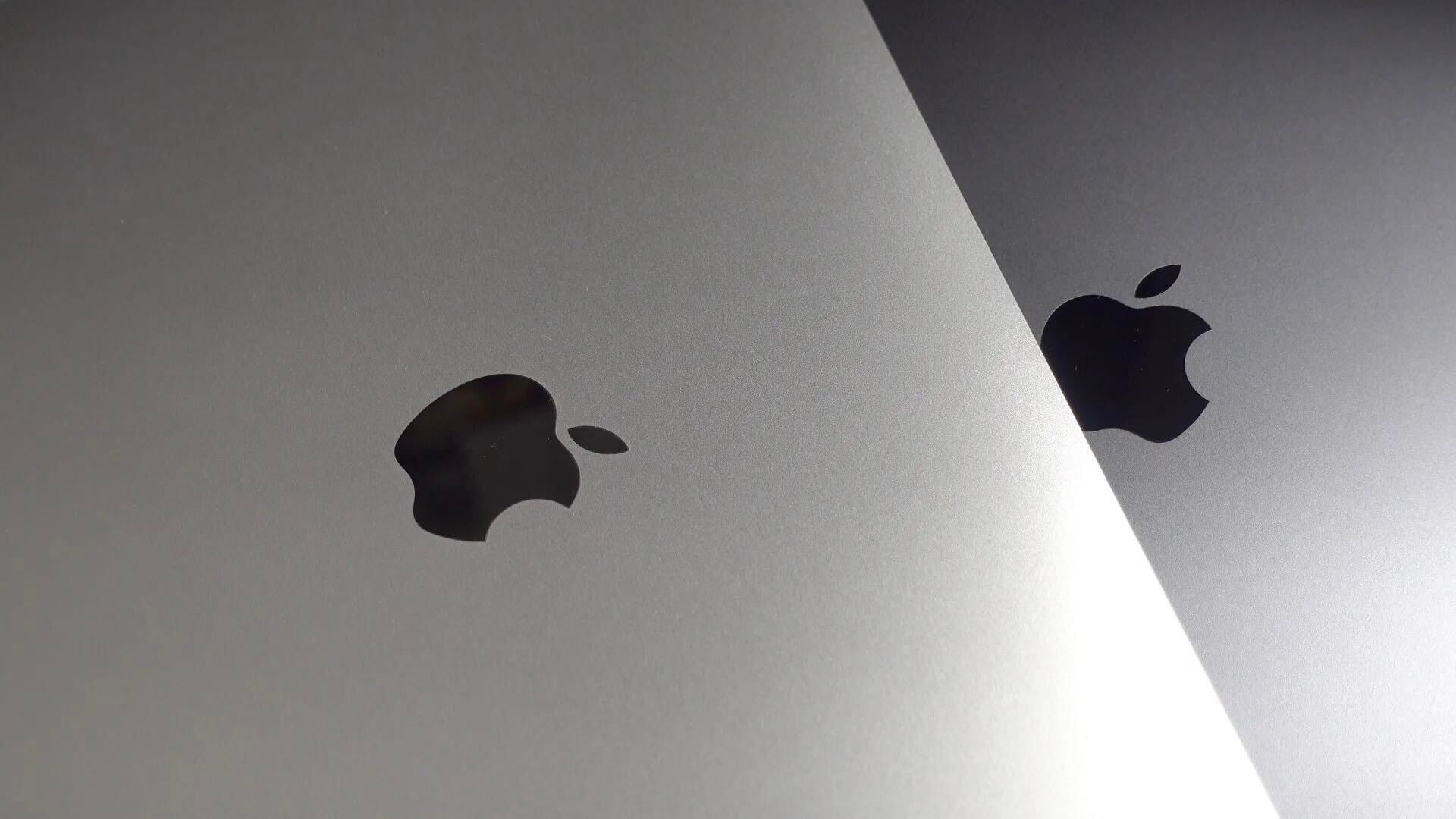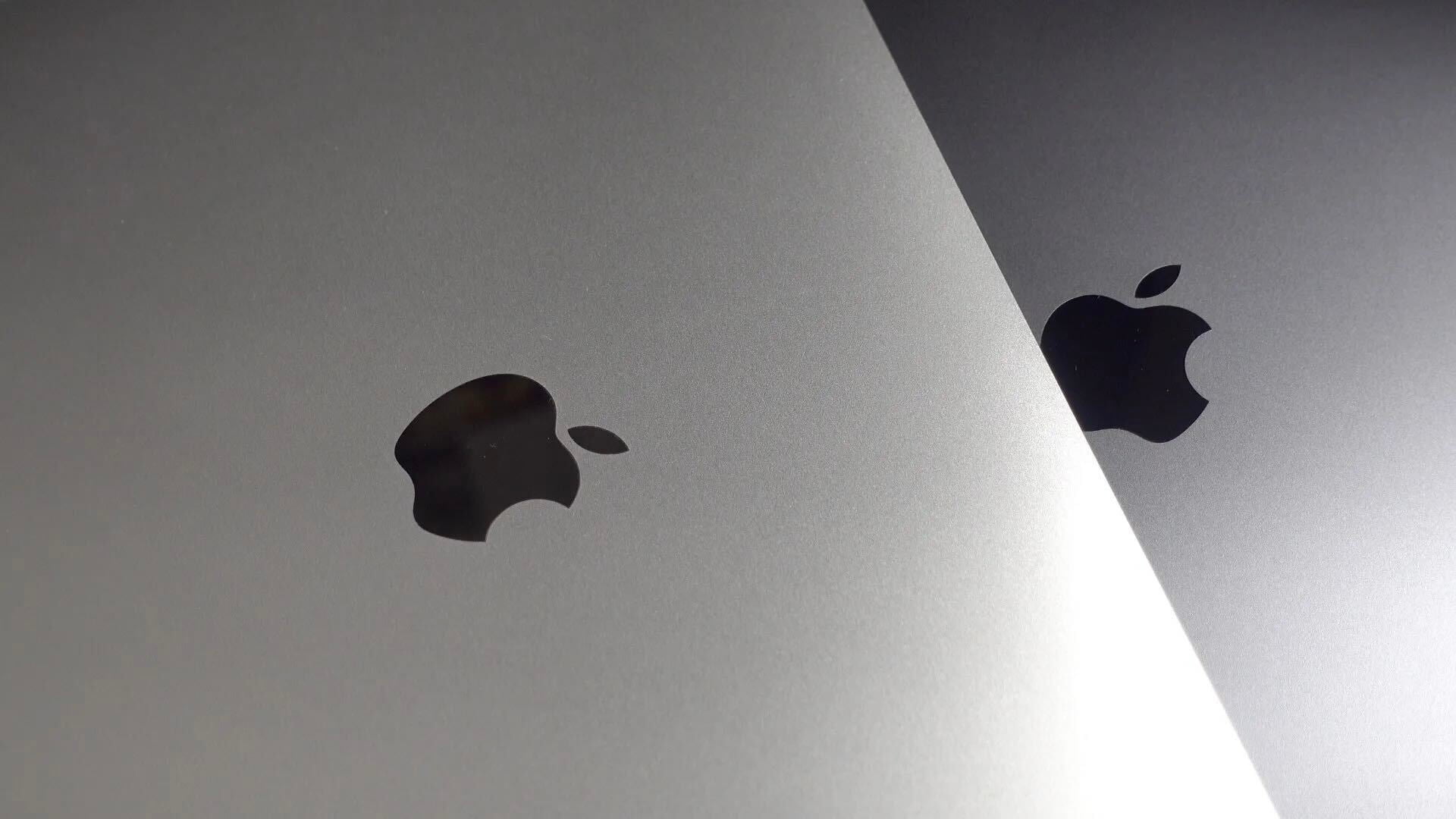

Following last week’s leak of a substantially complete iPhone 6S display assembly, another screen has slipped out into the wild, where it has been placed alongside and compared against the same part from the iPhone 6 (shown above at left). European part and accessory vendor MacManiack shared this image, the photos in the gallery below, and a YouTube video contrasting the components.
While very few differences between the components are worth noting, the iPhone 6S part again appears to have a place for the much-rumored Force Touch/haptic feedback component introduced in the Apple Watch. MacManiack claims that at least part of the “Touch ID home button is integrated in the LCD and digitizer connector,” and points out that the connectors are different on the parts. Two galleries showing the parts in much greater detail follow…
iPhone 6S screen assembly gallery:
iPhone 6 versus iPhone 6S screen assembly comparison gallery:
Hands-on video:
[youtube https://www.youtube.com/watch?v=GdAGoCGRqUk]
FTC: We use income earning auto affiliate links. More.




I was really hoping for an OLED display. The Galaxy S6 proved that the technology is “there”. A comparison showed the S6 screen outperform the iPhone 6 screen in virtually all areas. Weird that force touch is incorporated in a LCD display though. I would have thought it can only work with a flexible display (not possible with LCD as far as I know)
Exactly! So, LCD or OLED display?
Good luck getting Samsung to drop their panel exclusivity and give up their competitive advantage. No Android OEMs use Samsung’s newest panels. I think they are allowed to use S4 panel tech and that’s it. Since Samsung makes the best OLED displays Apple will have a hard time sourcing from elsewhere panels of equal quality.
Displays are updated on ticks not on S updates.
Like you said the technology is “there”, as Steve said. They seem to be transitioning to this starting with the Apple Watch.
I have a question about “Force Touch”. Is this done mechanicaly (by actually measing the pressure on the screen) or computed (by measuring the varying surface covered by the finger(s) while increasing pressure)? I’d say, this is computed, not mechanical. If so, older Multi-Touch display iPhones could be upgraded to support Force Touch too. Unless, the multi touch part of the display is driven by a dedicated processor that can’t be sofware upgraded. Or that Apple don’t want to upgrade. I understand that haptic feedback needs the addition of some mechanical device, but what about Force Touch?
I thought this as well. It makes sense that as you press down the coverage gets larger and i thought it was software that was determining the “force”. I was wrong … I tested this on my apple watch and it actually does recognize the force. If i touch screen then slightly apply pressure to make the pressed down area larger nothing happens. If i apply real pressure it works.
I kind of wish Steve Jobs was still alive and it was his early days before the cancer when he was full of vim and vinegar, and any leak would be rewarded in immediate cancelation of ties with that organization.
It’s definitely mechanical. There’s a video on how they do it for the new MacBook. It uses 4 pressure sensors.